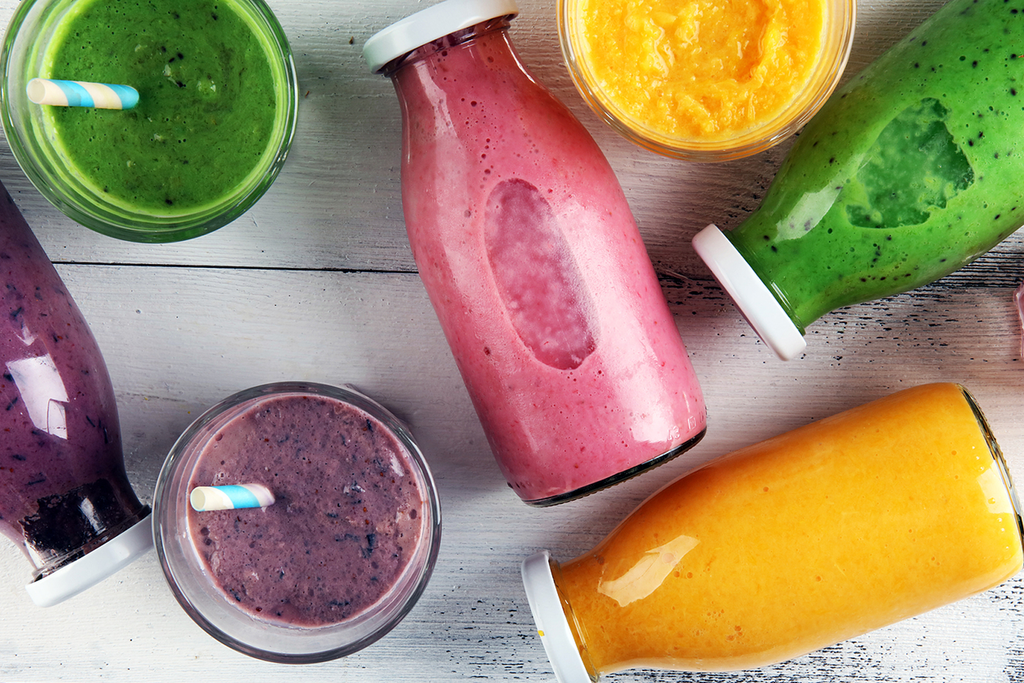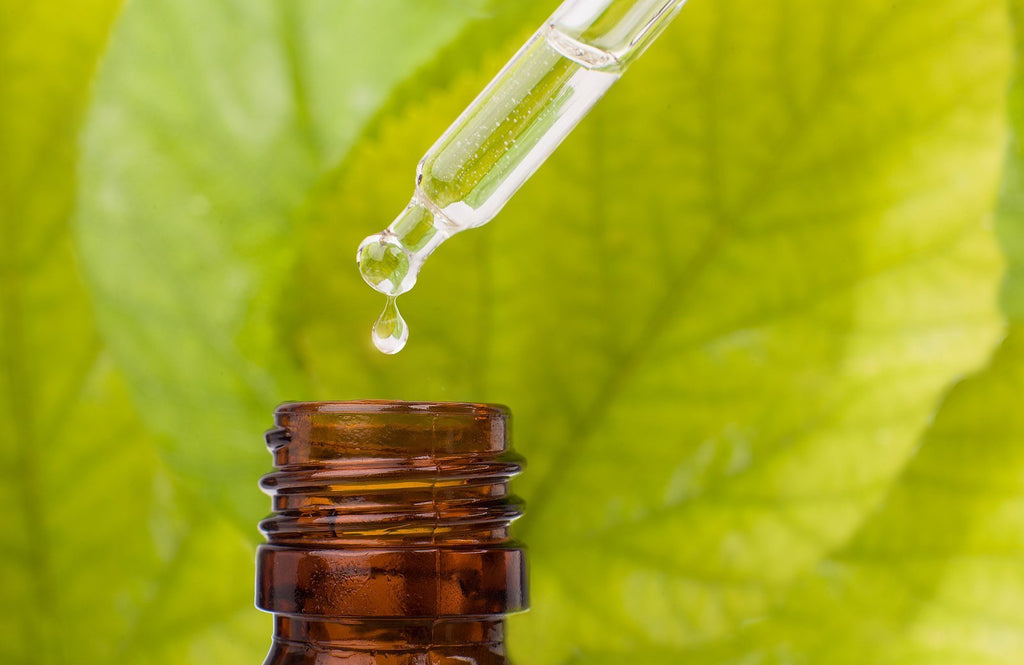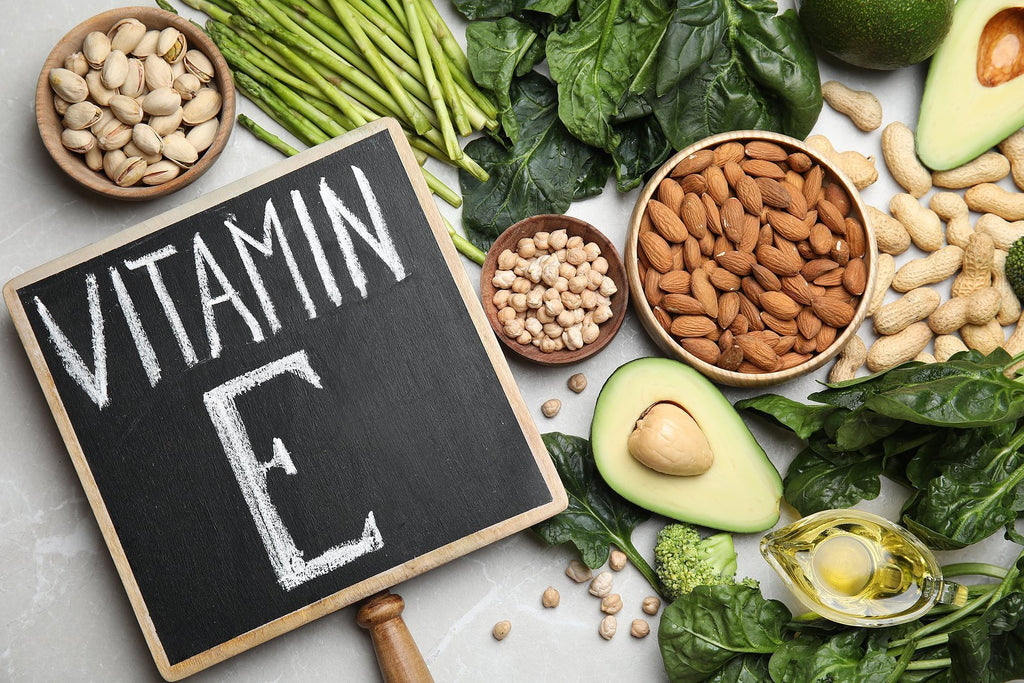Oil Pulling Can Improve WAY More Than Just Your Smile
If you’re ready to learn a simple way to improve the health of your entire body, then this blog is for you!
The health practice known as “oil pulling” takes just a few minutes, costs about a dime a day and requires only one product – something I bet you already have in your pantry!
I’ll explain how it creates such a positive ripple effect on your well being and of course tell you exactly how to do it.
What is Oil Pulling?
Originating from Ayurvedic medicine, oil pulling is a method of cleansing your mouth, which in turn improves your overall health.
Ayurveda is a system of healing that developed thousands of years ago, but oil pulling has only gained popularity in western countries in recent decades.
The Link Between Oral Hygiene & Overall Health
It’s true that poor oral hygiene can have devastating effects on the entire body. In fact, it’s linked to many diseases, such as:
- Heart disease: the same plaque bacteria in the mouth has been found in arteries
- Dementia: gum infections release compounds that kill brain cells
- Respiratory infections: bacteria gets inhaled or travels through blood into lungs
- Diabetes: diabetics are far more likely to develop infection
- Pregnancy complications: hormonal changes increase susceptibility to infections, which can cause low birthweight or premature babies
- Infertility: especially in women
- Erectile dysfunction: bacteria tend to create blood vessel inflammation
- Cancer: many forms of cancer are linked to gum disease
- Kidney disease: infections in the body can lead to kidney disease
- Rheumatoid arthritis: you’re 4x more likely to have RA (rheumatoid arthritis) if you have gum disease
So, now you can see why taking care of your oral health should be a top priority!
Benefits of Oil Pulling
The importance of brushing and flossing after meals and getting dental checkups is common knowledge, but when you add oil pulling to your routine, you’ll really impress your dentist!
Oil pulling helps:
- inhibit plaque
- prevent cavities
- decrease oral microbial count
- reduce gingivitis
- kill bad breath
- whiten teeth
Your dental hygiene routine will be complete when you add this simple, yet effective practice. Remember, excellent oral health reduces your risk for diseases and health conditions seemingly unrelated to your mouth.
How to Oil Pull Your Way to Better Health
Add oil pulling to your routine once a day – right before you brush your teeth. I like to do it first thing in the morning, but the time really doesn’t matter.
1. Choosing an oil
I highly recommend using coconut oil – unless, of course, you have an allergy to coconuts. If that is the case, I suggest using olive oil instead. Some people use sesame oil, but I don’t recommend it since it’s a cross-reactor with gluten. This means that it can cause the same harmful immune response in the body that gluten does. Since so many people have a gluten allergy or sensitivity, it’s just best to steer clear of sesame oil.
The world of oils can be confusing to navigate. Check out my video/blog on which oils are good for you and which ones to avoid.
2. Melt oil in your mouth
Measure about a tablespoon and let it melt in your mouth.
3. Swish the oil around (like mouthwash)
Do this for at least 10 minutes (up to 20 if you can) to get the oil into all the crevices between your gums and teeth. This encourages bacteria to lift and dissolve into the liquid oil.
4. Spit oil out
After pulling it through your mouth, the oil will be full of microbes and toxins that you don’t want in your body. Spit it out into a trash can so it won’t clog up sink pipes. Never swallow the oil!
More Oil Pulling Tips
I believe this new daily habit is easy to adopt because it’s simple, inexpensive and not time consuming. You can make the 10 minutes of oil pulling fly by if you tidy up your bathroom or fold laundry while doing it! You can even shower when oil pulling!
The hardest part is remembering to do it. Remind yourself by keeping a jar of coconut oil in your bathroom right next to your toothbrush and toothpaste. I personally use organic virgin (unrefined) coconut oil because it’s the healthiest, but if you can’t stand the coconut taste, you’ll have to use refined coconut oil.
THOUGHTS ON COCONUT OIL – NATURE’S MOST VERSATILE SUPERFOOD
There’s good reason coconut oil has seen a huge surge in popularity. Its versatility as a tasty superfood, cooking agent, and health booster can’t be beat. This traditional oil has been used in tropical culture for thousands of years and has decades of supporting research on its health-giving properties.
Due to its high saturated fat content, coconut oil has mistakenly been labeled as unhealthy. It’s actually quite the opposite and now recognized as a true superfood. High quality coconut oilcontains no trans-fat, is the perfect plant-based alternative to butter, and is a multifunctional beauty aid. It is great for:
✔️ Skin moisturizer
✔️ Hair conditioner
✔️ Toothpaste
Coconut oil is rich in medium-chain triglycerides (MCTs) that quickly convert to energy, rather than store as fat. MCTs are known for their great potential in supporting heart and metabolic health. Two types of MCTs, lauric acid and caprylic acid, are converted into monolaurin, a substance with promising anti-bacterial, anti-fungal and anti-viral properties.
THE TYPE OF COCONUT OIL YOU CHOOSE MATTERS
Coconut oil is made by pressing the white flesh or “meat” of coconuts. When the milk within a coconut hardens and dries, it is referred to as the copra. Both fresh coconut meat and copra can be eaten and both forms are used to extract the oil. You may notice several different coconut oil options at the store, and they differ based on how they were sourced and processed.
your guide to coconut terms
1. Refined – Made from copra and undergoes heavy processing. Since the process of drying out coconut meat to make copra can make it turn grey, smoky and rancid, chemicals are then used to bleach and filter the oil. Additives and preservatives are often in the finished product. The resulting oil’s smell and taste is neutral and does not resemble coconut. This type is the least nutritious form of coconut oil but its high *smoke point of 400 degrees makes it ideal for high heat cooking. It’s the worst choice for skin, hair and cosmetic use.
*Smoke point – This is exactly what it describes – the point at which oil begins to smoke and burn. When you overheat oil during cooking, you risk a lot more than having an irritated smoke detector. Fats in oil will break down and form unhealthy compounds like free radicals. You not only lose beneficial nutrients, but the oil becomes harmful to consume. Always know and mind the smoke points of oils when cooking.
2. Unrefined – Made from cold pressed fresh coconut meat. Also called “virgin,” it will have the distinct taste and aroma of coconut. It is very white when solid and clear when liquid. (see below)
3. Virgin or extra virgin – This is the most natural form of coconut oil because it is extracted from the fresh meat (not dried) of mature coconuts within a day or two of picking. This oil is very fine (not thick) and will melt quickly with body heat. It is completely unrefined, has a high lauric acid content and retains the rich smell and sweet taste of coconut. This type has the greatest health benefits and a lower smoke point (than refined) of 350 degrees.
4. Cold pressed - This heat-less method extracts the milk from the coconut with the least negative impact. It is also referred to as “raw” because it preserves the nutrients in the oil. While it is a more expensive and less efficient process, it does yield the highest quality coconut oil.
5. Expeller pressed – A refining process that uses high pressure and heat to extract the oil from coconuts. The chemical structure is altered and all the goodness that makes coconut oil a superfood is stripped away.
6. Centrifuge extracted – This process uses the centripetal force of a high-speed centrifuge to separate oil from freshly pressed coconut milk. Since no heat is used, the high fatty acid, antioxidant (vitamin E) and antibacterial content of the oil is spared.
7. Organic – Coconuts have not been genetically modified and are grown without the use of pesticides. The hard shell of coconuts acts as a solid barrier against pesticides, but it’s always a better choice to consume organic.
In summary, if you’re after the health benefits of coconut oil, choose the organic virgin form. If you need to cook something on high heat or really don’t want coconut flavor, choose refined coconut oil. Organic virgin coconut oil is what I personally choose for oil pulling. Given that the action of oil pulling is detoxifying, it makes sense to use the most natural form that’s free of chemicals.
Enjoy showing off your improved smile and please share this oral health boosting habit with others!
Sharing is caring
Know Your Body - Know Your Health






